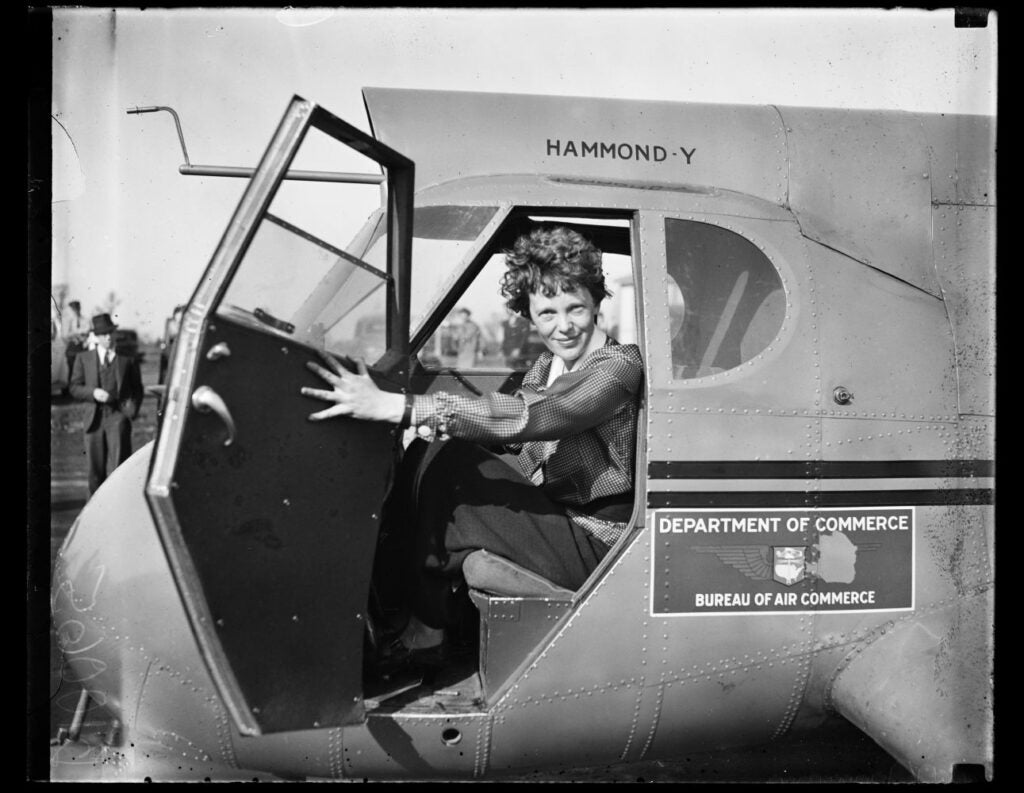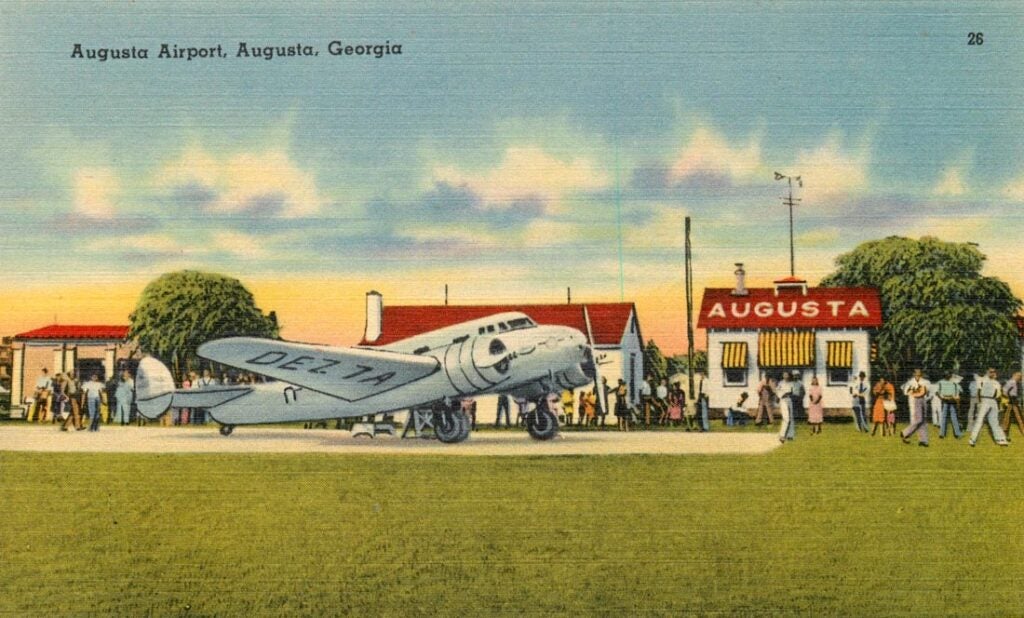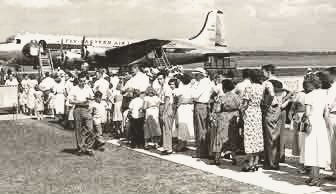From the dawn of human aviation to today, Daniel Field has been on the forefront of powered flight and a major asset and landmark in Augusta; that stellar career almost ended some 80 years ago.
It took America years to build up the fighting force that would win World War II, but preparations for reverting back to a “peacetime” economy began before Adolf Hitler famously committed suicide in his bunker.
In his book, “From Balloons to Blue Angels,” historian Ed Cashin outlined what was deemed a “crisis,” at Daniel Field and how Augusta’s first civilian (and military) airport almost turned into a post-war neighborhood filled with vehicles that looked aerodynamic but remained earthbound.
In April 1945, months before the nuclear bombs were dropped on Japan, the Atlanta Journal reported that over 13,000 surplus planes were marked for sale and filled up Bush Field.
According to Cashin, the auctions moved along swiftly as most of the surplus planes sold by October of the same year.
Former transport planes such Douglas C-47s could be converted to DC-3 commercial liners. Douglas C-53s, C-54 and Lockheed C-60s were all hot sellers, but Cashin records that the majority of fighter planes and bombers only sold to foreign governments. The average citizen saw little use in converting Grumman F6F Hellcat two-seat fighters to civilian pleasure aircraft.
Actually, due to its short runways, the smaller airport on Highland Avenue had already lost its usefulness to the Army, and control was given to Warner Robbins Air Depot Control in 1943 and the site became more of a maintenance facility. Some airplanes were serviced mechanically then flown the short distance to Bush Field to be sold.

The love affair Augusta long had with aviation began to wane shortly after the war was over with even Lester Moody, a long time proponent of aviation, calling for both airports being shuttered in favor of the city moving towards heavy industry, such as the “bomb plant” that DuPont was looking to build nearby.
In 1947, a plane crash occurred in Summerville by a pilot who was performing tricks for a crowd and Cashin points out to the accident, which the pilot walked away from, as turning public favor against having an airport so near several large subdivisions.
In its May meeting, the Aviation Commission agreed that since Daniel Field was so close to the neighborhoods and thereby hemmed in from extending runaways to accommodate the anticipated jet-age revolution, attention should turn to Bush Field.
When control of Bush Field was returned to civilian control by the War Assets Administration, it seemed the dye was cast against keeping Daniel Field a workable airport.
For years, arguments went back and forth on how to proceed, but in 1950, Bush Field opened as the area’s new premiere airport; meanwhile, Daniel Field became like the red-headed step sibling left open to neglect.
Prior to entering World War II Daniel Field had provided generations with entertainment as teens and adults alike would find places to park and watch the airplanes take off and land, Of course, flying was still a novelty in those days, but by the end of the war, the entire airport had been encircled with fencing to keep out saboteurs and as the war came to a close, it seemed to have become a relic that only aviation enthusiasts cared about.

Developers watched the news daily for any hint on when the airport might be sold. The parcel that became Daniel Village Shopping Center was sold off and the development sprouted up almost overnight.
It wouldn’t be long before a compromise was made and the remaining tract of land on Wrightsboro Road was sold off, leaving basically only the runways intact, such was the “reduction and retention compromise,” according to Cashin.
It was headline news in 1950 when the U.S. Weather Bureau was moved to Bush Field. The name of the small airport was even changed to “Curry Field” for a time. Cashin writes that a group of veterans banded together and lobbied the City Council that in honor of its long history, the name should remain under its old moniker and the name change was abandoned shortly after the renaming ceremony.
A man by the name of Buster Boshears Sr. who would work tirelessly to save the airport, and all of the people that use Daniel Field today have him and his family to thank for saving the airfield. Boshears, who leased part of the land and operated a flying school, negotiated with city leaders behind the scenes while suing them in court to keep Daniel Field, despite its limitations, open for service and pilot training.
In fact, the entire Boshears family have contributed greatly to the discipline and sport of aviation, but that is a story for another time.
…And that is something you may not have known.
Scott Hudson is the Senior Investigative Reporter, editorialist and weekly columnist for The Augusta Press. Reach him at scott@theaugustapress.com











